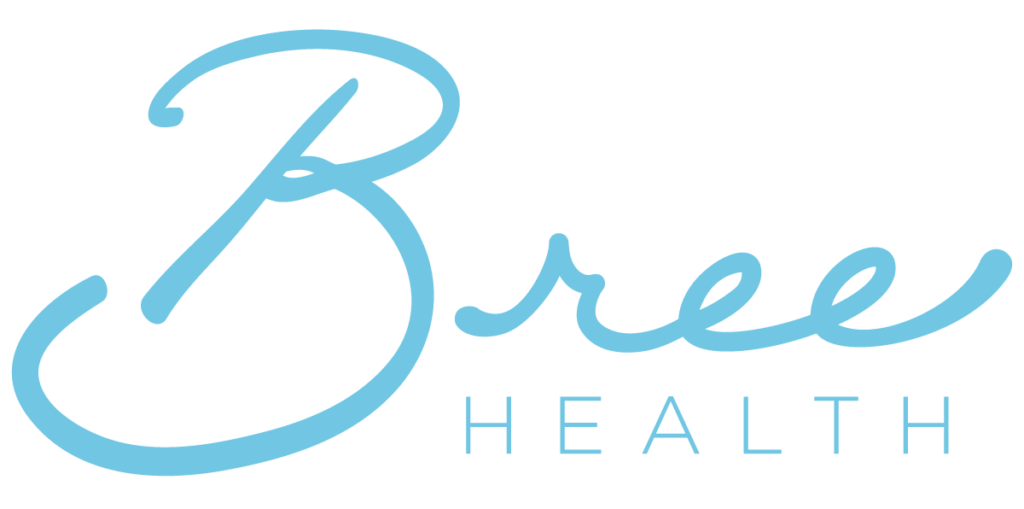The foundation of a thriving workforce is often attributed to factors like skill development, leadership quality, and technological tools. However, nestled amidst these is an often overlooked but profoundly impactful element: sleep. In our relentless pursuit of excellence and productivity, sleep is frequently sidelined, seen as expendable. Yet, the ripple effects of sleep—or the lack thereof—touch every corner of the corporate ecosystem. As sleep science unravels its mysteries, the implications for cognitive functions, emotional well-being, and overall health become glaringly evident. As HR professionals, championing sleep health becomes not just a matter of personal wellness but a strategic tool to drive productivity, creativity, and workplace harmony. Let’s delve into the nuanced world of sleep, understand its deep-seated impact on our professional lives, and chart out pathways for promoting sleep health within our organizations.
The Far-reaching Implications of Sleep on Workplace Dynamics
At a glance, sleep might seem like a personal matter, confined to the boundaries of one’s home. But the effects of sleep ripple out, influencing an individual’s interactions, decisions, and performances at work.
- Cognitive Abilities: Sleep is intrinsically linked to cognitive functions. According to a study from the Journal of Experimental Psychology, sleep deprivation can significantly impede problem-solving abilities, attention span, and decision-making processes.
- Mood and Collaboration: Lack of sleep doesn’t just affect individual tasks; it impacts interpersonal dynamics. The Sleep Foundation highlights how sleep deprivation can lead to mood swings, reduced patience, and increased susceptibility to stress—all of which can hinder teamwork and collaboration.
- Health and Absenteeism: Chronic sleep deprivation is associated with a slew of health issues, from cardiovascular diseases to weakened immunity. This can lead to increased absenteeism, affecting team synchronicity and productivity.
Strategies for Cultivating a Sleep-Friendly Workplace Culture
Promoting sleep health isn’t just about advising employees to get their 7-9 hours; it’s about creating an ecosystem conducive to sleep wellness.
- Flexibility in Scheduling: Understand that everyone has a unique circadian rhythm. Some are morning larks, while others are night owls. Offering flexible work hours can allow employees to work during their most alert hours, enhancing productivity and well-being.
- Educate and Advocate: Hosting sleep awareness sessions, bringing in sleep experts, or circulating information about sleep hygiene can empower employees with knowledge. When employees understand the profound implications of sleep, they’re more likely to prioritize it.
- Mindful Scheduling of Meetings and Deadlines: Avoid setting early morning meetings or late-night deadlines. This ensures employees aren’t sacrificing sleep to prep for a meeting or to meet a project deadline.
- Creating Restful Spaces: If feasible, designating a quiet, dimly lit space for short power naps can be transformative. A NASA study found that a short nap can boost alertness and performance, making it a worthwhile investment.
Tapping into Tech: Leveraging Technology for Sleep Health
The digital realm, often blamed for sleep disturbances, can be harnessed to promote sleep health.
- Promote Sleep-Tracking Apps: Encourage the use of sleep-tracking apps that provide insights into sleep patterns and quality. These insights can be invaluable in understanding and optimizing one’s sleep.
- Digital Detox Policies: Advocate for regular digital detoxes. Limiting screen time, especially before bedtime, can enhance sleep quality, as numerous studies have linked blue light exposure from screens to disrupted sleep cycles.
- Mindfulness and Relaxation Platforms: Introduce platforms or apps that offer relaxation techniques, meditation, or guided sleep sessions. These can assist employees in winding down and transitioning to a restful sleep. HR professionals find that the self-directed solutions, wellness resources, and coaching found on the Bree Health app allows employees a convenient way to care for their physical and mental health.
In the grand tapestry of workplace dynamics, sleep health threads its way, subtly yet significantly influencing every aspect—from the sharpness of a presentation to the harmony of team interactions. Ignoring sleep is akin to overlooking a goldmine of potential, both for individual well-being and organizational success. As HR professionals, we are uniquely positioned to elevate the discourse around sleep, transitioning it from whispered corridor conversations to boardroom discussions. By fostering a sleep-positive culture, we’re not just advocating for rest; we’re championing a holistic vision of productivity—one where well-being and efficiency coexist in harmony. In the narrative of modern work ethics, sleep health emerges not as a footnote, but as a central chapter, and it’s time we, as HR leaders, authored it with the importance it deserves.
![]() Visit our LinkedIn for expert advice that the HR industry can utilize with their employees, and to learn more about how HR professionals creating a healthier, more productive workforce by implementing Bree Health.
Visit our LinkedIn for expert advice that the HR industry can utilize with their employees, and to learn more about how HR professionals creating a healthier, more productive workforce by implementing Bree Health.

